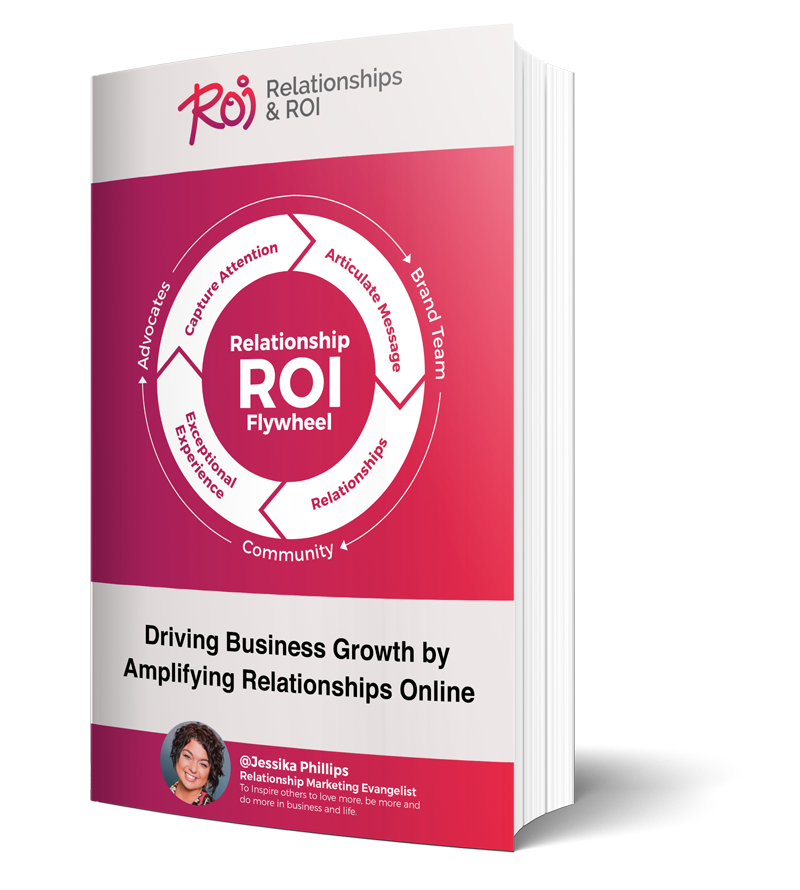What are SMART Goals, and why do you need them?
If you are not setting SMART goals for your business, you are setting yourself up for failure. Here’s an
illustration:
Imagine your town has a contest for Citizen of the Year, and the winner gets to give a $10,000 grant to
his or her favorite charity. Your old elementary school could really use the money for new playground
equipment. You’d like to win Citizen of the Year so you can award them the grant.
There is a smart way to do this, and a not-so-smart way, though they both start with goals.
The not-so-smart goal
The not-so-smart goal has a one-part statement: “Win Citizen of the Year.” Okay that’s great, but where
do you go from there? Without putting any more thought into it, you are setting yourself up for failure.
The smart way starts with a SMART goal. SMART stands for:
● Specific
● Measurable
● Actionable
● Realistic
● Time-bound
Let’s start with the Actionable part of the SMART goal.
Since you have no control over how the judges will vote, the smart approach is to set separate actionable goals for each of the judging criteria.
One of the criteria is based on getting letters of recommendation from local community groups. A SMART
goal for that might be:
“Ask for 10 letters of recommendation from local community groups. For each letter I will ask them to
mention how long I’ve been active in the group, what leadership positions I’ve had and any fundraising
projects I’ve done for that group. I’ll ask for all the letters by December 1st, and request that they send the
letters to the judges by January 15th.“
The SMART goal
Here’s how the goal above meets each of the SMART criteria:
Specific: The goal says what each letter should have in it so you know what you will ask for
Measurable: 10 letters
Actionable: “Ask” for10 letters, not “receive” 10 letters
Realistic: 10 letters vs. 100 letters
Time-bound: Ask for letters by December 1st
By December 1st, it will be very easy to know if you have accomplished this goal. Do you think if you set
a SMART goal for every other portion of the judging criteria, you would have a better chance of wining
Citizen of the Year than if your only goal were to win?
How SMART goals apply to your business
The same principle applies to your business. You could set yourself a goal to “make more money than
last year.” That is measurable, but it doesn’t fulfill the other components of a SMART goal, and doesn’t
give you any roadmap to follow.
At NOW Marketing, when we work with a new client, we start with a thorough discovery process to find
out why you went into business and what problems you solve. We learn who your customers are and
work with you to create SMART goals that help you move forward in specific, measurable ways.
If you're ready to move forward with creating a marketing blueprint for your business contact us.




Comments